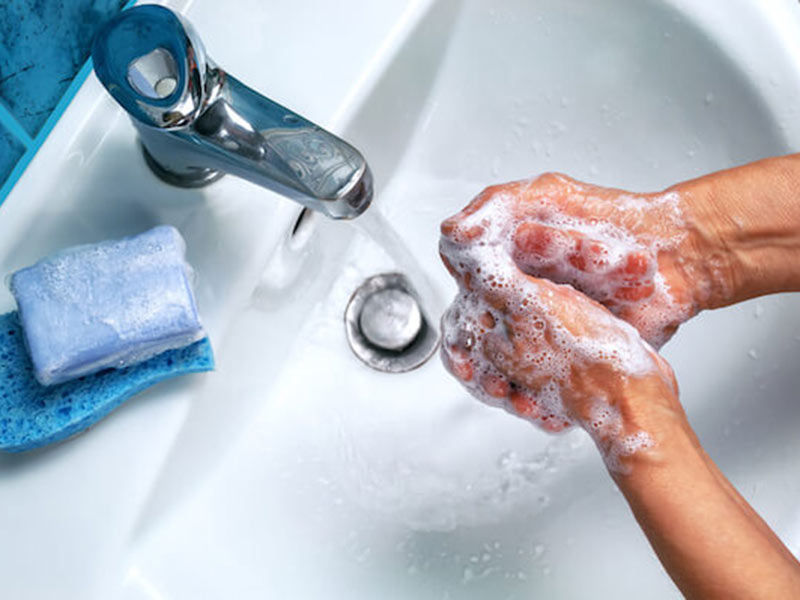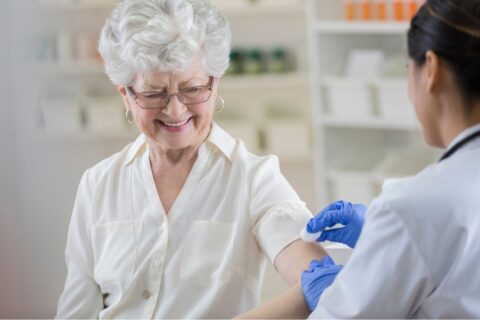National Handwashing Awareness Week
This week is National Handwashing Awareness Week. So let’s get down to the dirty facts. Did you know that 80% of all infectious diseases are transmitted by touch? Germs and bacteria latch onto our hands with everything we touch. Those germs and bacteria can cause pesky infections and even diseases. That means that handwashing is one of the most important things you can do to keep yourself and others healthy. National Handwashing Awareness Week takes place everywhere and involves everyone. Help spread the word and not the germs no matter where you are. At home, school, work, or out and about, the importance of clean and germ free hands does not stop. Here are some handwashing tips that can help the fight against germs and keep you healthy:
When Should You Wash Your Hands?
It is common knowledge that hand washing should always happen after using the restroom. But what about other times throughout the day? Before eating food is another vital time to wash your hands. Cleaning off germs before eating helps stop bacteria from getting a free ride from the outside of your body directly to the inside of your body. With flu season lingering, taking a second out of your day to wash your hands before a meal can save you a lot of time later by keeping you healthy. Washing your hands after coughing, sneezing, or blowing your nose can also help make sure that you do not have more of those coming. Your body wants to get rid of germs and it does so through the nose and mouth quite frequently. Do yourself a favor and fully rid yourself of the toxins your body got rid of by washing them off of your hands.
How Long Is Enough?
According to the Centers for Disease Control and Prevention, hand washing should last at least 20 seconds. Another way to track how long you should be washing your hands is to sing “Happy Birthday” twice. This will make sure that you get as much dirt and bacteria off of your hands as possible and also give you a reason to sing a very catchy tune.
What Is the Best Method?
The basic steps of handwashing are to wet, lather, scrub, rinse, and dry. It is a common mistake to reach for the soap right away before wetting hands with clean water. Wetting hands before applying soap is extremely important because it is an activating agent for soap. The water helps spread the soap around while you lather your hands up and scrub. Rinsing the soap and water away takes the germs and bacteria with it. So make sure that you get all of the soap off of your hands when you are finished. Drying hands is a must because damp hands are more likely to spread bacteria than dry hands. Try to use an antibacterial soap for handwashing. It fights germs more effectively than plain soap.
When clean water and antibacterial soap are not available, reach for alcohol-based hand sanitizer. Although hand sanitizer does not eliminate all germs, it does a good job of quickly reducing them. Squeeze a dime sized dollop into one palm and rub hands together until they are dry.
This week is a great opportunity to spread the word about the importance of washing hands. Knowledge is power and the more people know about the importance of keeping hands clean, the stronger the fight against germs and disease can be. We are extremely lucky to have the resources for frequent hand washing that we do and it would be a shame to not utilize them. Washing hands is the first line of defense when it comes to keeping yourself healthy. Happy National Handwashing Awareness Week!
















































































































































